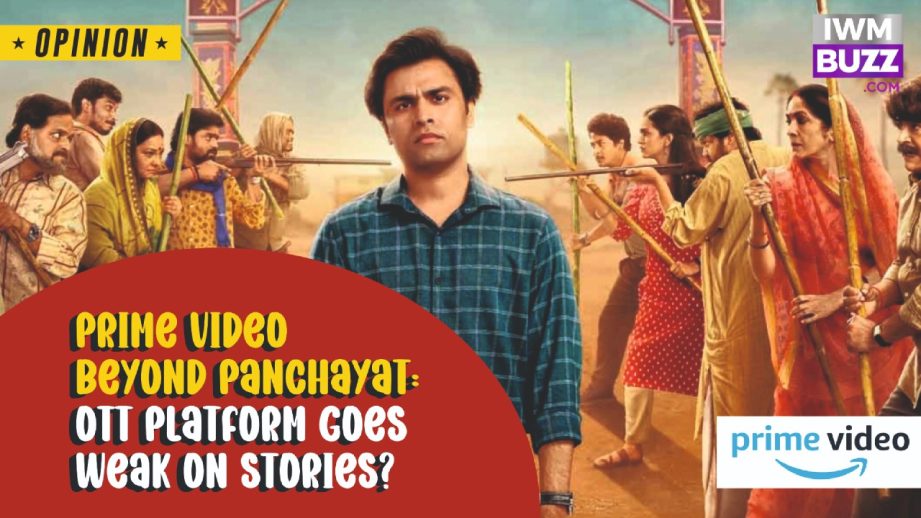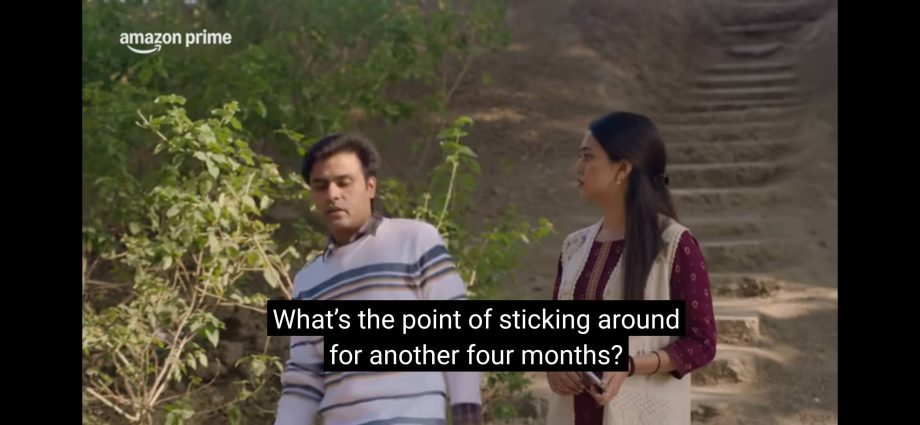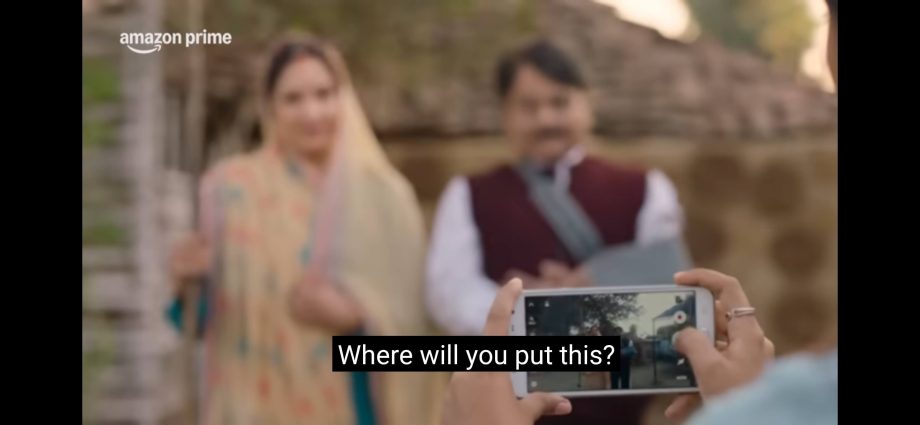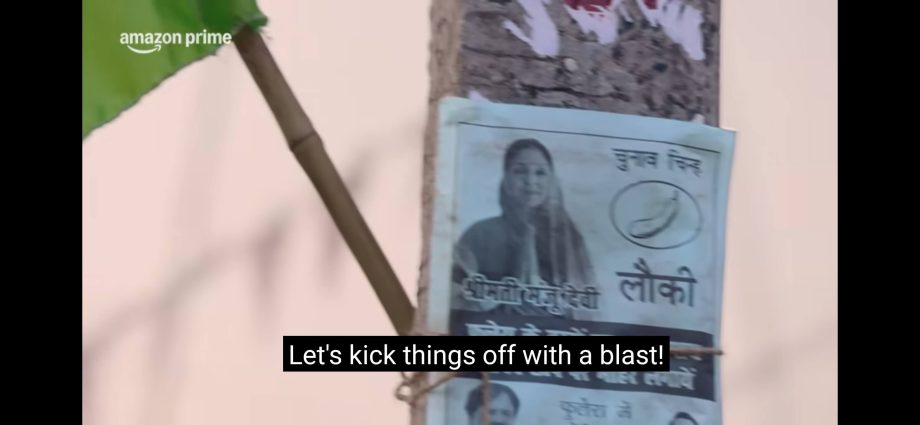
Let’s face it. When we think of Prime Video originals that truly stuck, only one name echoes loud and clear as of now, Panchayat. It’s the heart and humour of that small village, the slow charm of Phulera, and characters who feel like old neighbours. That’s what made it special. It didn’t scream for attention. It earned it. And somehow, in all the noise of OTT competition, it still does.

But look beyond Panchayat, and there’s an awkward silence. Sure, there’s Rangeen, which tiptoed into bold territory. But boldness isn’t a substitute for storytelling. The show had intent, yes, but the execution felt muddled. The narrative jumped instead of flowing. In trying to be daring, it forgot to be coherent. You could see the ambition, but not the impact.

Then came The Pradeeps of Pittsburgh, an immigrant comedy that should have hit home. Based on the real-life journey of its showrunner Vijay Patel, it was full of potential. A heartfelt, humorous take on an Indian family adjusting to life in America. Think Fresh Off the Boat, but with a desi twist. The reviews were decent. The cast was solid. But it still didn’t click. And three months later, it was cancelled. Just like that.

It makes you wonder why some shows connect while others disappear, even when they seem to have all the right ingredients.
Part of the answer lies in the way Prime Video treats content today. It doesn’t feel like a platform trying to build a relationship with its viewers. It feels more like a digital supermarket. Endless aisles of content, all neatly packaged, but very little that feels personal or meaningful. The suggestions keep coming, but most of them miss the mark. It’s quantity over quality, algorithms over emotion.
And if the lack of standout storytelling wasn’t enough, there’s also the rental model. This is where viewer frustration really starts to simmer. You’re a paying Prime subscriber, and yet there’s that tiny lock icon on the movie you really want to watch. So, you pay again. But it’s not yours. It’s a 48-hour rental.
Want to rewatch it, the next weekend with family? Pay again.
It feels like buying a ticket to your own living room, over and over. There’s no ownership. No lasting access. Just a cycle that leaves people asking whether this is fair at all.
Yes, this setup may benefit the business. But what about the audience?
The truth is, OTT storytelling is not just about putting content out there. It’s about creating connection. It’s about those rare shows that leave you thinking, feeling, or simply smiling long after the credits roll. Prime Video used to offer that. Now, it’s harder to tell what it stands for.
There’s still time to change course. The success of Panchayat proves that audiences are not asking for constant spectacle. They want sincerity. They want thoughtful writing, real characters, and stories that reflect life, not trends. Not every show needs to be a hit. But it should at least feel like it was made with purpose.
Until then, Panchayat remains the glowing exception in a sea of forgettable content. And honestly, one great show can only carry a platform so far.
